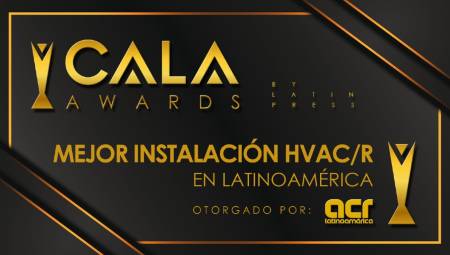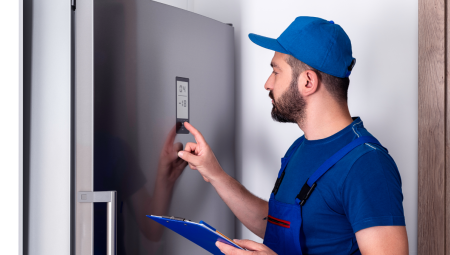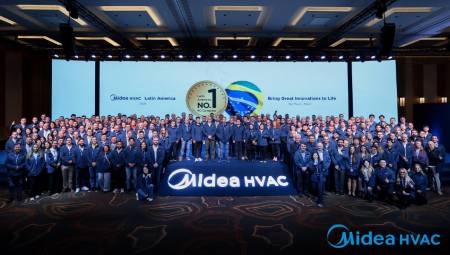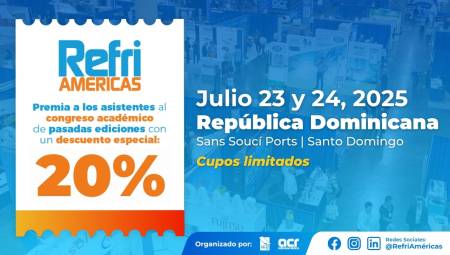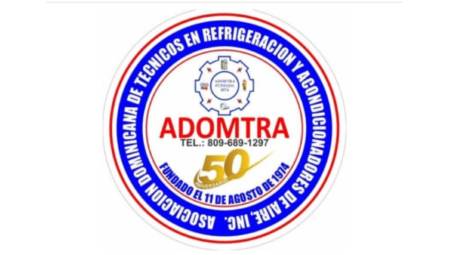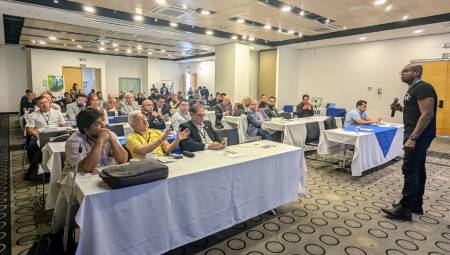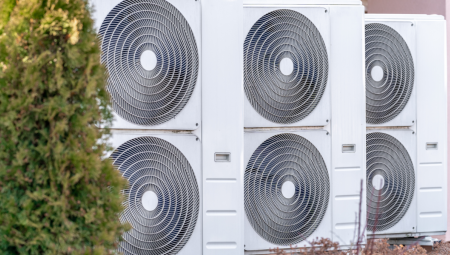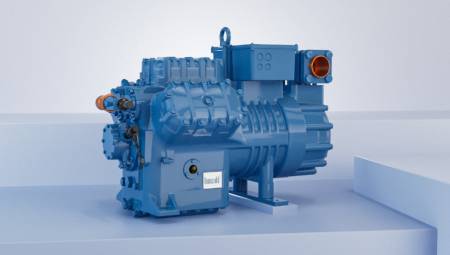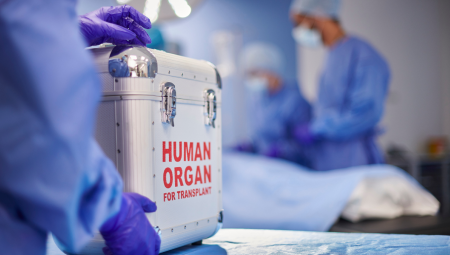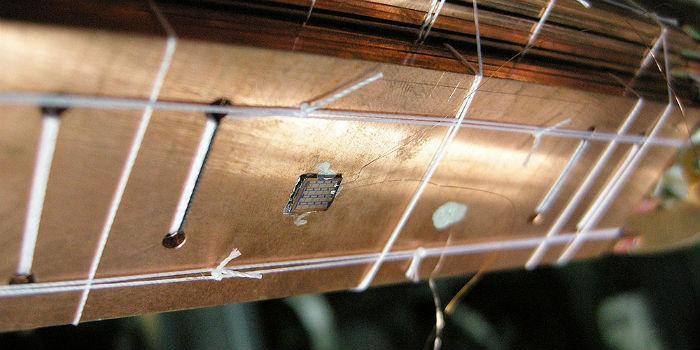 International. Physicists at the University of Basel have managed to cool a nanoelectronic chip to a temperature below 3 millikelvin. Scientists from the Department of Physics and the Swiss Institute of Nanoscience established this record in collaboration with colleagues from Germany and Finland. They used magnetic cooling to cool the electrical connections, as well as the chip itself. The results were published in the journal Applied Physics Letters.
International. Physicists at the University of Basel have managed to cool a nanoelectronic chip to a temperature below 3 millikelvin. Scientists from the Department of Physics and the Swiss Institute of Nanoscience established this record in collaboration with colleagues from Germany and Finland. They used magnetic cooling to cool the electrical connections, as well as the chip itself. The results were published in the journal Applied Physics Letters.
Even scientists like to compete for records, which is why numerous working groups around the world use high-tech refrigerators to reach temperatures as close to absolute zero as possible. Absolute zero is 0 kelvin or -273.15 °C. Physicists aim to cool their equipment as close to absolute zero as possible, because these extremely low temperatures offer ideal conditions for quantum experiments and allow completely new physical phenomena to be examined.
Cooling by turning off a magnetic field
The group led by Basel physicist Professor Dominik Zumbühl had previously suggested using the principle of magnetic cooling in nanoelectronics to cool nanoelectronic devices to unprecedented temperatures close to absolute zero. Magnetic cooling is based on the fact that a system can be cooled when the applied magnetic field is reduced while avoiding any external heat flow. Before reducing the speed, the heat from the magnetization must be removed with another method to obtain efficient magnetic cooling.
A successful combination
This is how Zumbühl's team managed to cool a nanoelectronic chip to a temperature below 2.8 millikelvin, thus achieving a new low temperature record. Dr. Mario Palma and Dr. Christian Scheller, who also contributed to the early authors, successfully used a combination of two cooling systems, which were based on magnetic cooling. They cooled all the chip's electrical connections to temperatures of 150 microkelvin, a temperature that is less than a thousandth of a degree from absolute zero.
They then integrated a second cooling system directly into the chip and also placed a Coulomb lock thermometer on top of it. The construction and composition of the material allowed them to magnetically cool this thermometer to a temperature almost as low as absolute zero.
"The combination of cooling systems allowed us to cool our chip down to below 3 millikelvin, and we are optimistic that we can use the same method to reach the magic limit of 1 millikelvin," says Zumbühl. It is also notable that scientists are in a position to keep these temperatures extremely low over a seven-hour period. This provides enough time to perform various experiments that will help to understand the properties of physics near absolute zero.
Data Source Provider: University of Basel.



